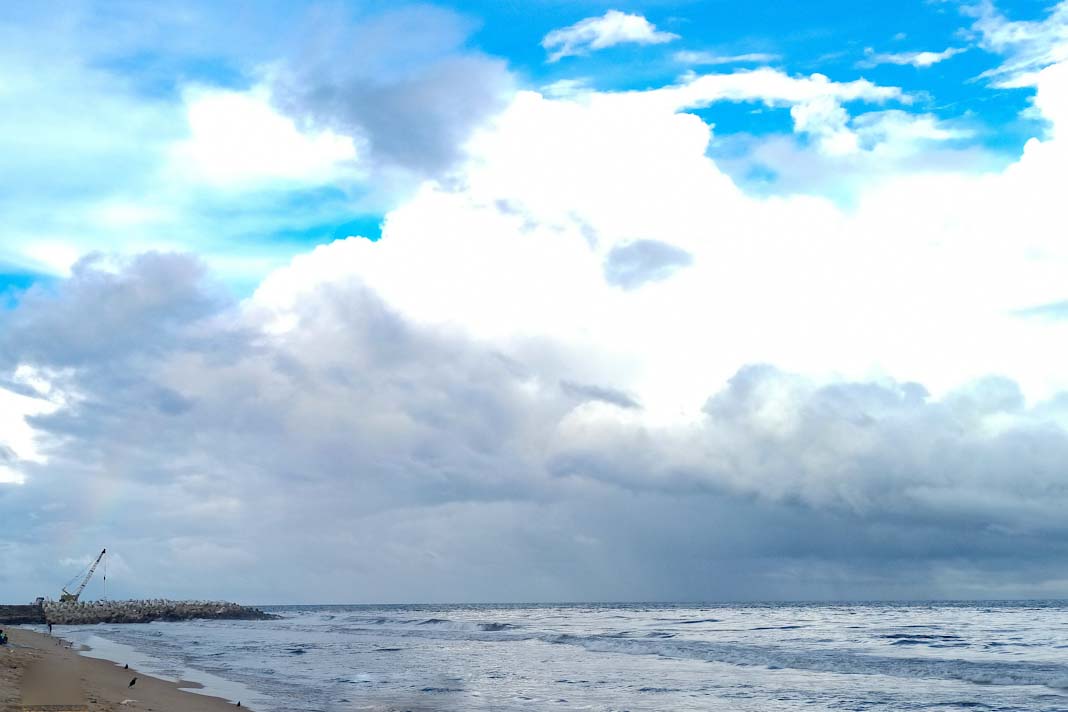- Passenger safety across various vessel types faces diverse challenges, from cruise ships to ferries and fishing vessels. While each vessel category presents unique safety concerns, a comprehensive approach is crucial as even slight errors can lead to tragic consequences.
- Recent amphibious DUKW boat tragedies and the 2019 Conception dive boat disaster highlight the need for a broad safety focus.
- Concerns arise over the delay in implementing safety management systems (SMS) on all passenger vessels, as recommended by the National Transportation Safety Board (NTSB).
- Workforce issues and regulatory impacts add complexity to ensuring passenger safety.
Diverse Passenger Vessels, Common Safety Commitment
Passenger safety encompasses a wide range of vessel types, each with its own set of safety challenges. From cruise ships to commuter ferries and fishing vessels, the commitment to safety is overarching due to the potential tragic consequences of even minor errors. Recent incidents, such as amphibious DUKW boat tragedies and the 2019 Conception dive boat disaster, underscore the importance of a comprehensive safety approach that goes beyond specific vessel types.
Delays in Implementing Safety Management Systems (SMS)
Despite the varying risks across passenger vessels, a common concern emerges regarding the delay in implementing safety management systems (SMS) on all passenger vessels. The National Transportation Safety Board (NTSB) recommended SMS for all passenger vessels after the Conception tragedy. However, four years later, the implementation of this crucial safety measure remains in limbo, raising questions about the effectiveness of regulatory actions and industry-wide policies.
Regulatory Impacts and Workforce Concerns
The regulatory landscape surrounding passenger vessel safety is complex, with approximately 6,500 active and inspected passenger vessels in the U.S. A critical question arises: How many accidents and fatalities could be prevented by requiring SMS on a subset of passenger vessels? The implementation of SMS presents significant costs for small business vessel operators, leading to concerns about the economic impact on the industry. Meanwhile, workforce shortages pose additional challenges, emphasizing the need for required staffing to ensure passenger safety.
International Perspectives and Ongoing Safety Initiatives
Passenger safety is a global concern, with ferries alone carrying billions of passengers internationally. International organizations, such as Interferry, work towards increasing operational safety in developing countries and sharing successful safety initiatives. Collaborative projects, like the European LASH Fire project, address specific safety issues, such as fire safety on ro-ro ships. Ongoing efforts, both nationally and internationally, focus on addressing evolving safety challenges, including the transportation of lithium batteries and alternative-fueled vehicles.
Outlook for 2024: Progress and Challenges
As the passenger safety landscape evolves, progress is evident in certain areas, while challenges persist in others. The industry’s recovery from the COVID-19 pandemic is positive, with some operations reporting revenue at or exceeding 2019 levels. However, workforce recruitment remains a top concern, and the implementation of crucial safety measures, such as SMS, faces delays. In 2024, the goal is deliberate progress in passenger safety, addressing diverse challenges across different vessel types and ensuring proactive safety measures rather than reactive responses to accidents or tragedies.

















